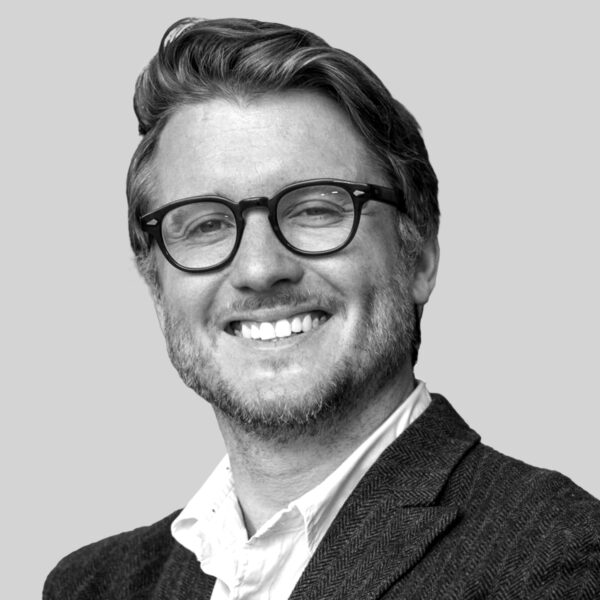Research Affiliate, Founding Director, Digital Intelligence Lab
Dr. Samuel Woolley is a writer and researcher. He is an assistant professor in the School of Journalism and in the School of Information (by courtesy) at the University of Texas at Austin. He is the program director of propaganda research at the Center for Media Engagement at UT. Woolley's work focuses on the ways in which emerging technology are leveraged for both democracy and control. He is the author of the book "The Reality Game: How the Next Wave of Technology Will Break the Truth" (PublicAffairs), an exploration of how tools from artificial intelligence to virtual reality are being used in efforts to manipulate public opinion and discusses what society can do to respond. He is the co-editor (with Dr. Philip N. Howard), of the book "Computational Propaganda" (Oxford University Press), a series of country-based case studies on social media and digital information operations. His academic and policy work has been published by a number of peer-reviewed journals and NGOs including The Journal of Information, Technology, and Policy, The International Journal of Communication, The National Endowment for Democracy, and the Stanford Hoover Institution. His public writing on politics, propaganda and social media has appeared in Foreign Affairs, the Guardian, Wired, and the Atlantic. His research has been covered by in the New York Times, the Washington Post, and the Financial Times, and on BBC News at Ten, NBC Nightly News and Bloomberg Technology. Woolley is a research affiliate at the Project on Democracy and the Internet at Stanford University. He is the former director of Research of the Computational Propaganda Project at University and the Founding Director of the Digital Intelligence Lab at the Institute for the Future in Palo Alto, CA. He is a former fellow at the Anti-Defamation League (ADL), the German Marshall Fund of the United States, Google Jigsaw, the Tech Policy Lab, and the Center for Media, Data and Society at Central European University. His PhD is from the University of Washington.
